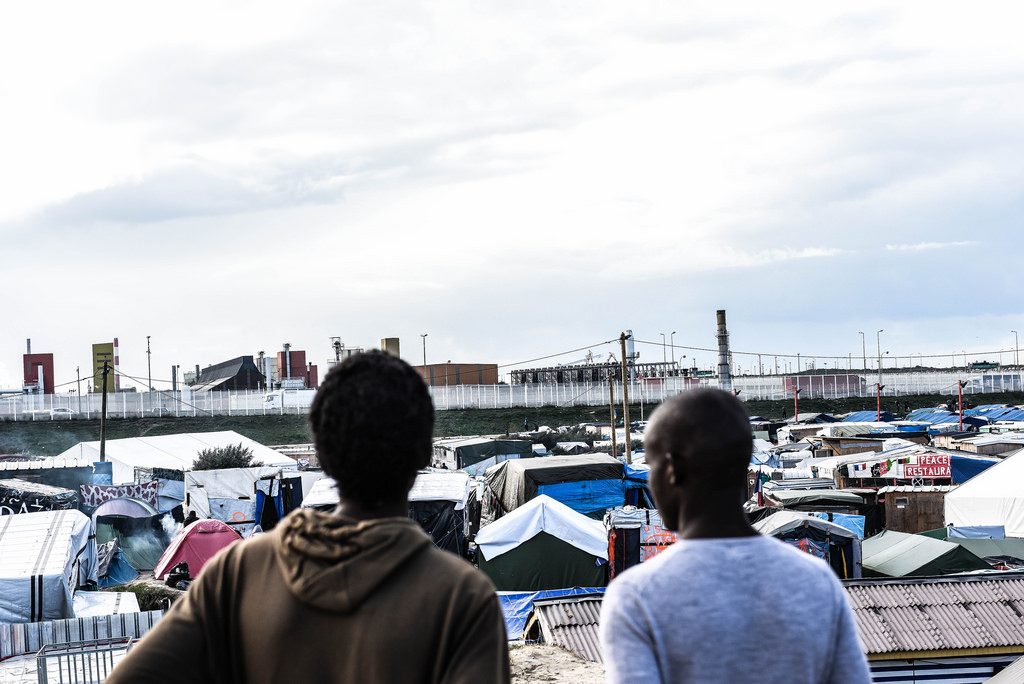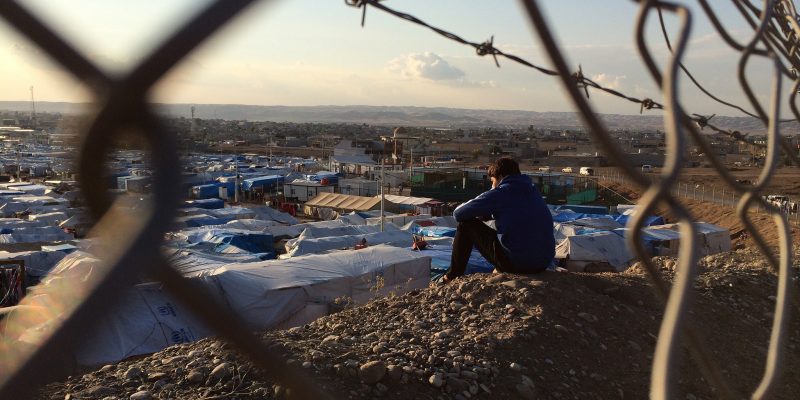1. Immigration and post-truth: when personal opinions count more than facts
What was the word of the year 2016? “Post-truth”, according to the Oxford Dictionary. After Brexit and the US presidential election, public opinion seems to be shaped more and more by other factors than verified facts and data. This is especially true in the case of immigration, an issue that was as central to the Leave EU campaign in the UK as it was in Donald Trump’s. Read Carta di Roma’s interview with migration sociologist Nando Sigona.
2. Immigration in Italy, three proposals to end illegality
The asylum system in Italy has been eloquently described as state-sanctioned illegality. An unacceptable situation with a few possible solutions: the creation of legal access routes to Europe such as the humanitarian corridors; study and work visas, and most importantly, humanitarian protection for all migrants arriving in Italy after passing through Libya and crossing the Mediterranean. Read Annalisa Camilli’s article in Internazionale.
3. How economic migrants become refugees
During their desperate journey, after suffering violence and abuse, trauma and suffering, many who had left as “merely” economic migrants become people in need (and deserving) of protection.
Read Lizzie Dearden’s article in the Independent.
4. Those who died at sea deserve at least a name
Annalisa Camilli wrote in Internazionale about Italy’s model identification system for the dead in the Mediterranean: as the death toll rises, giving a name to those who lost their lives in the desperate crossing is essential to give closure for their loved ones, but also to give dignity to the deceased.
5. Border Wars, a big fat business
Border security is a huge business, estimated to balloon to 50 billion euros by 2022. The military industry complex is making big money by providing the European Union with technology and equipment to raise walls and keep refugees out.
Read Michele Sasso’s article in l’Espresso.
6. Erdogan’s Turkey and refugees as a bargaining chip
Given the worrying current situation in Turkey, the European Parliament voted to suspend the accession negotiations. Erdogan reacted by threatening to tear up the refugee deal: human lives used as a bargaining ship, a disgrace for which the EU has yet to take responsibility. Read about it in the Guardian and Al Jazeera.

PH: Sara Prestianni.
7. Calais, no “mission accomplished”
In the meantime, what is happening in France? The demolition of the Calais “jungle” had no other result than to force migrants to run again. Thousands of people have resumed their tragic odyssey in search of a better life, while the institutions are still failing to address the problem. Read Marta Welander and Leonie Ansems de Vries’s in-depth analysis in Open Democracy.
8. What happened to the minors in Calais?
In the wake of the forced displacement of thousands of people in Calais, the most tragic plight is that of the unaccompanied minors, the true victims of this senseless hard-line policy. According to the humanitarian organizations, a third of the minors who lived in Calais are now missing – for which the French authorities and all of Europe need to take responsibility. And things don’t seem to be going better for those living in the government’s reception centres. Read Harriet Agerholm’s on the missing minors in the Independent and Mark Townsend’s piece on the minors forced to work for nothin in the Guardian.
9. The exploitation of migrants in Sicily
Lorenzo Tondo’s report for the Guardian tells the incredibly tough life of African migrants, where thousands live in precarious conditions and work in the fields as little more than slaves.
10. Global digital identity: how will 60 million refugees prove who they are?
How can we, and how should we implement digital identity in the age of global migrations? An important issue (that we already discussed with Margie Cheesman), explained by ID2020’s Dakota Gruener in Apolitical.
Translation: Francesco Graziosi.
Header picture: European Commission DG Echo (CC BY-NC-ND 2.0).









